
Sanwa Shurui held the iichiko Saiten Prayer and Offering Ceremony at Usa Jingu, which marks its 1,300th anniversary this year. This honkaku shochu, rooted in Japan’s koji culture, paid homage to tradition while taking a bold step onto the global stage. In this article, we share highlights from the ceremony along with bartender Hidetsugu Ueno’s reflections and the three cocktails he created especially for the occasion.
Top Bartenders Join the Ceremony as Cocktails Made with iichiko Saiten are Offered Before the Shrine
On Wednesday, November 5, 2025, Sanwa Shurui held the iichiko Saiten Prayer and Offering Ceremony at Usa Jingu⋆1 in Oita Prefecture. A prayer and offering is a traditional Japanese practice in which items, money, or performing arts are dedicated to express gratitude to the deities and to offer prayers. This custom has been passed down for centuries as a way of building a connection with the divine.
⋆1 Usa Jingu A shrine located in Usa City, Oita Prefecture. Founded in 725, it is the head shrine of the more than 40,000 Hachiman shrines across Japan.
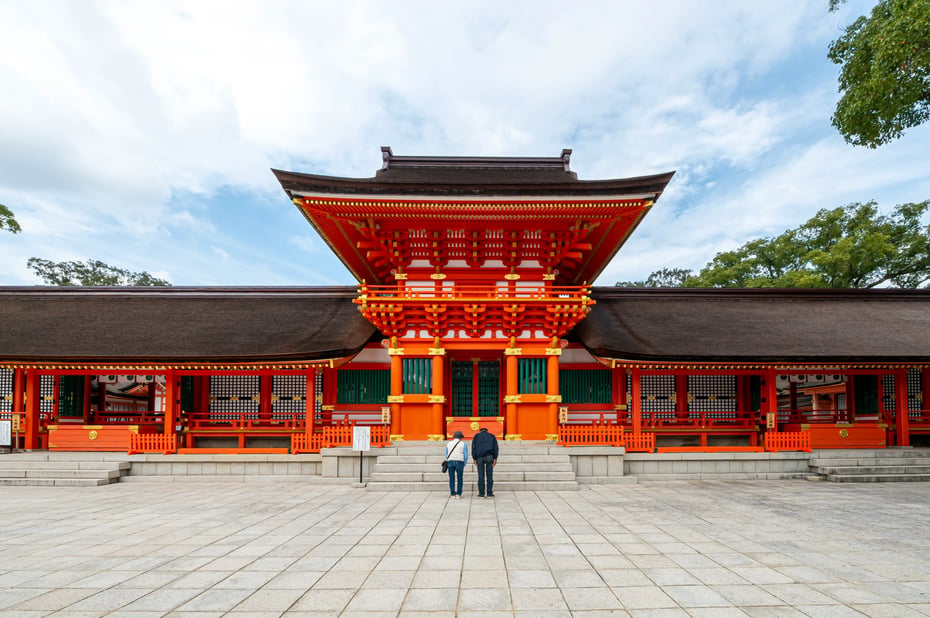
Usa Jingu, where the iichiko Saiten Prayer and Offering Ceremony was held
Usa Jingu, which marks the milestone of its 1,300th anniversary this year, is a place of special significance for Sanwa Shurui—it is where the name “iichiko” was first unveiled. This offering ceremony was held to pray for the continued success of iichiko Saiten, the honkaku barley shochu launched in Japan in 2025, as it strives to rise even further as a “spirit of the world.”

On the day of the ceremony, bartenders—including Hidetsugu Ueno, President of the Nippon Bartenders’ Association—were in attendance. Three original cocktails made with iichiko Saiten were then offered before the shrine.
After the offering, the cocktails were also served to attendees at the Noh stage within the shrine grounds. Created especially for this occasion, the cocktails highlight the rich aroma and deep umami brought forth by barley koji, symbolizing a new chapter for Japan’s fermentation culture and a fresh dialogue with the world.
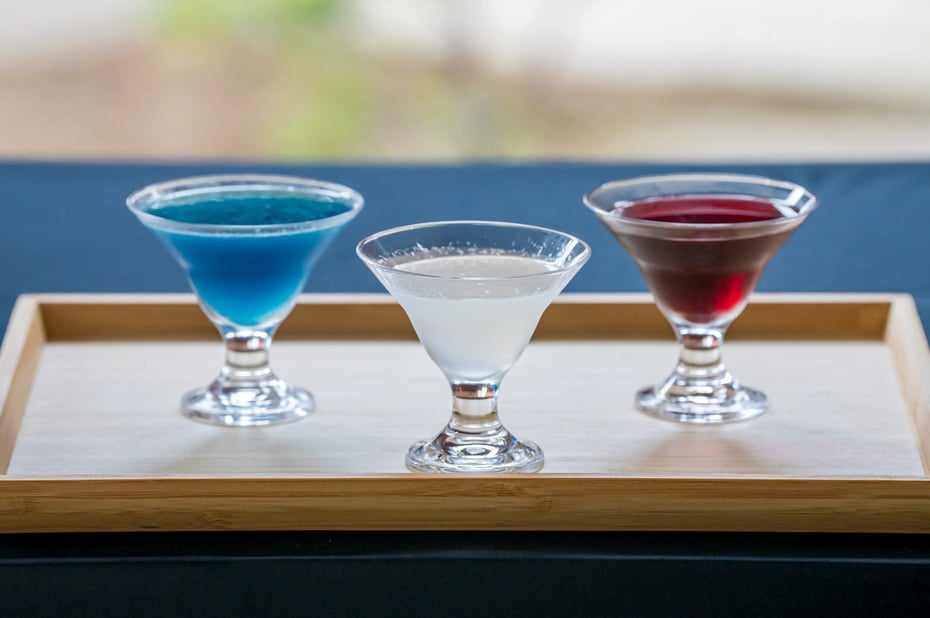
The three cocktails offered at the ceremony. From left: Tenku no Koji (“Sky Koji”), White Koji Lady, and Shinkiku (written with the characters for “god” and “koji”).
iichiko Saiten is a spirit within WA-SPIRITS, developed over two years in collaboration with leading bartenders from across the United States. Rooted in Japan’s traditional koji culture, it aims to establish shochu as a cocktail base on the global bar scene.
Through this offering ceremony, Sanwa Shurui further shared with the world both the spirit of Wa and the sense of innovation embodied by iichiko Saiten. It was a symbolic day that highlighted how honkaku shochu, shaped by Japan’s climate and culture, can create new value on the global stage.
Three Cocktails Offered at the Ceremony
The three cocktails dedicated during the ceremony were created by Hidetsugu Ueno. Speaking about the cocktails, Ueno shared the following:
“Each name includes the character for koji, which is the key theme this time.
White Koji Lady was inspired by the White Lady⋆2—one of the classic cocktails my guests especially enjoy. When I made it with iichiko Saiten instead of gin, I found it paired remarkably well.
Tenku no Koji uses the blue of blue curaçao with just a touch of black sambuca to create a deeper, signature Saiten blue.
Shinkiku was created in response to a request to incorporate a limited-release Ajimu Wine produced by Sanwa Shurui to commemorate the 1,300th anniversary of Usa Jingu. It was challenging, and I experimented with many ideas, but in the end I brought it together with a simple recipe.”
⋆2 White Lady: A short-style cocktail made with gin, white curaçao, and lemon juice.
White Koji Lady
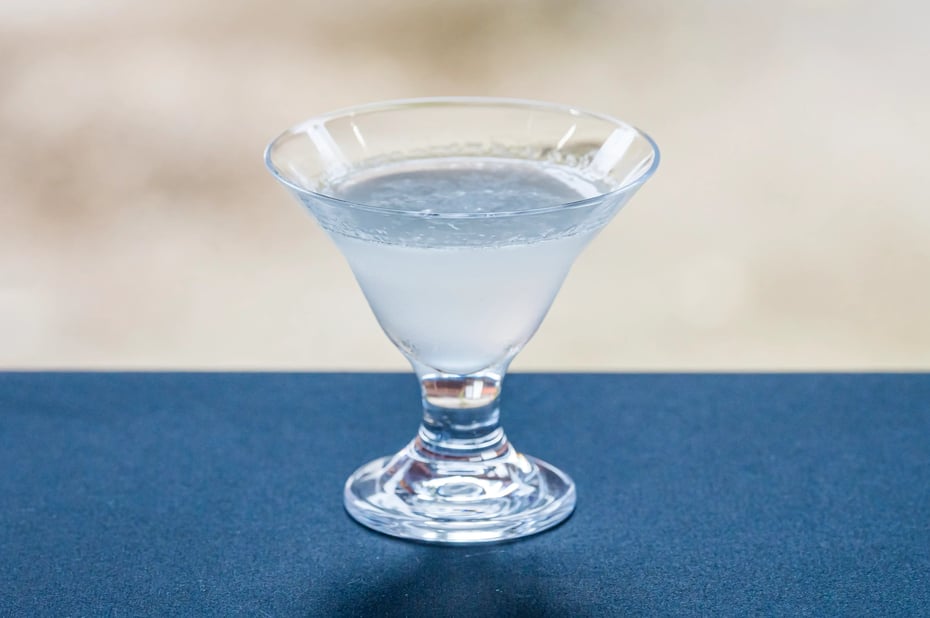
iichiko Saiten, Cointreau, Fresh lemon juice
Tenku no Koji
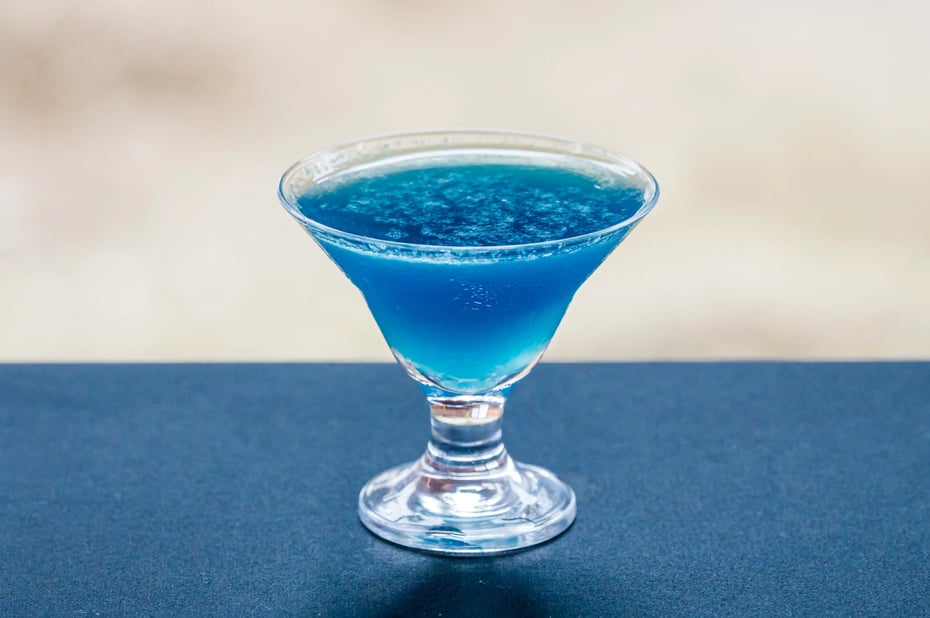
iichiko Saiten, Blue curaçao, Fresh lemon juice, Black sambuca
Shinkiku
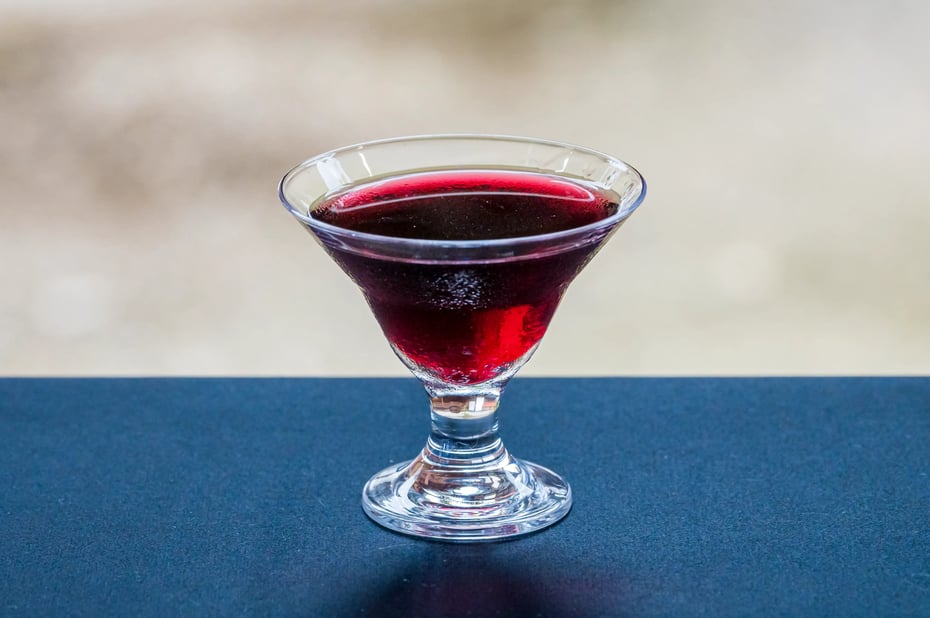
iichiko Saiten, Ajimu Wine, Grenadine syrup
For more information about iichiko Saiten, please refer to the product page:
https://www.wa-spirits.com/products/saiten
You can also read bartender Kenta Goto’s visit report from Usa Jingu:
Usa Jingu: 1,300 Years of Sacred Tradition, Onta Pottery Village: Craft Passed Down for 300 Years